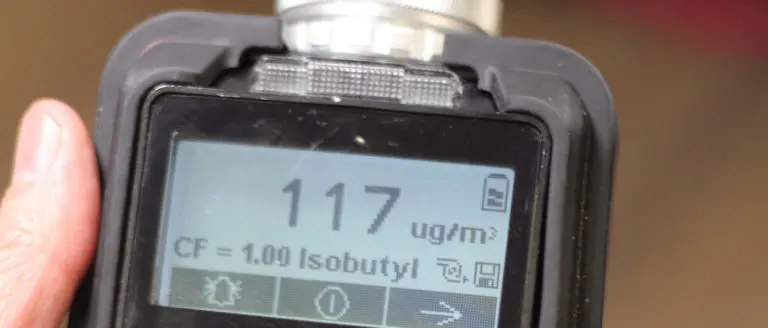Fuel Cell VOC Content Testing
Understanding and ensuring the purity of fuel cell components is paramount in the development and deployment of efficient and environmentally friendly energy systems. Volatile Organic Compounds (VOCs) can significantly impact the performance, durability, and safety of fuel cells. This service focuses on identifying and quantifying VOCs present within fuel cell assemblies to ensure compliance with international standards and quality specifications.
Fuel cells are essential for the advancement of clean energy technologies. They convert chemical energy into electrical power via electrochemical processes without combustion. However, the presence of VOCs can lead to catalyst degradation, reduced efficiency, and even safety hazards. Therefore, thorough testing is crucial to guarantee optimal performance and longevity.
Our laboratory utilizes advanced analytical techniques such as Gas Chromatography-Mass Spectrometry (GC-MS) for precise measurement and identification of VOCs. This method allows us to detect even trace amounts of compounds, providing reliable data on the composition and concentration of contaminants within fuel cell materials or components.
The testing process involves several critical steps: first, we receive samples from clients which are then prepared according to industry best practices. Next, these prepared samples undergo rigorous analysis using sophisticated instrumentation. Finally, results are meticulously documented and reported back to our clients in a comprehensive format that includes detailed breakdowns of detected VOCs along with their respective concentrations.
Our expertise ensures accurate identification and quantification of all relevant VOCs according to applicable international standards like ISO 15223-4:2018. These tests help manufacturers ensure not only compliance but also continuous improvement towards creating more sustainable fuel cell technologies.
In summary, our Fuel Cell VOC Content Testing service plays an integral role in maintaining high standards of quality and safety within the fuel cell industry. By leveraging cutting-edge technology and adhering strictly to recognized protocols, we provide reliable information necessary for informed decision-making regarding material selection, process optimization, and product development.
Applied Standards
| Standard Number | Description |
|---|---|
| ISO 15223-4:2018 | Determination of volatile organic compounds in fuel cell components by gas chromatography-mass spectrometry (GCMS). |
| ASTM E967-19 | Standard test method for identification and quantification of volatile organic compounds in air. |
| IUPAC Recommendations 2018 | International Union of Pure and Applied Chemistry guidelines on naming and reporting of VOCs. |
| EN ISO 9001:2015 | Quality management systems for testing laboratories. |
Scope and Methodology
The scope of our Fuel Cell VOC Content Testing encompasses the comprehensive analysis of volatile organic compounds present in various fuel cell components including membranes, catalysts, bipolar plates, and gas diffusion layers. Our methodology adheres to stringent international standards ensuring accurate detection down to parts per million (ppm) levels.
For each sample received, we follow a standardized protocol which begins with thorough preparation techniques designed to minimize contamination risks while preserving the integrity of the sample. Following this, advanced analytical equipment is employed for precise measurement and identification of VOCs. The results generated are then carefully analyzed and reported in accordance with agreed-upon specifications.
Our approach not only meets but often exceeds industry expectations by incorporating additional steps such as preliminary screening to filter out non-critical compounds before full-scale analysis. This ensures that resources are focused on those VOCs most likely to affect performance or pose safety risks.
Why Choose This Test
Choosing our Fuel Cell VOC Content Testing service offers numerous advantages, particularly for entities involved in the design and production of fuel cell technologies. Firstly, it allows manufacturers to pinpoint precisely where potential issues arise within their supply chain or manufacturing processes.
Secondly, by providing detailed reports on detected VOCs, this testing helps companies make informed decisions about material substitutions or process modifications aimed at enhancing overall product quality. Compliance with relevant international standards such as ISO 15223-4:2018 also adds significant credibility and trustworthiness to any product offering.
Thirdly, our rigorous testing protocols can help identify early signs of catalyst degradation or other performance-related concerns before they become critical problems. This proactive approach ensures that issues are addressed promptly rather than waiting until end-of-line inspections reveal failures.





